15 Minutes With Elizabeth Warren
The frontrunner for the Iowa caucus had just enough time to answer your five most burning questions.
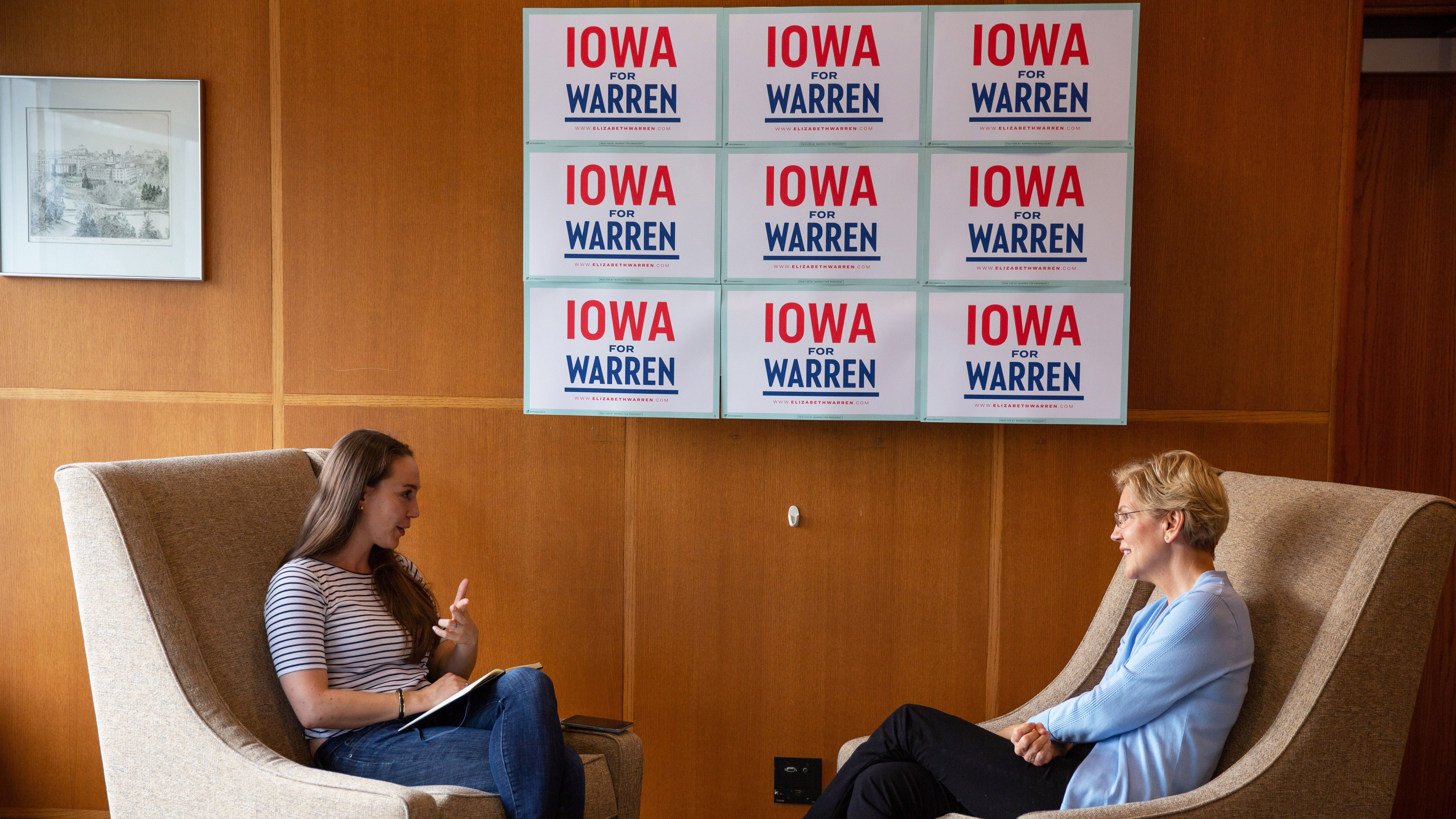

Lauren Hoover, Sarah Suhadolnik, and Lynda Rollins had been waiting in the sticky Iowa heat for three hours by the time I met them on Thursday evening. Not for me, of course—for Senator Elizabeth Warren. For her energy, for her plans for big structural change, and, naturally, for a selfie.
Hoover is an undergraduate at the University of Iowa, whose amphitheater would soon be filled with what Warren's campaign estimated were 2,000 screaming Warren fans. Her number-one issue is climate change, and she is impressed by Warren’s call for structural solutions to the climate crisis. “Finally, someone is actually saying, 'stop putting the blame on the consumer, stop putting the blame on the individual,'” Hoover told me.
Suhadolnik, a lecturer at the University, wanted to hear more about Warren’s plan to cancel student debt—because she’s got a lot of it, and so will the students she teaches. Rollins, an advocate for chronic pain patients and one herself, drove in from Indiana, then waited for hours on line. “We’ve become friends over the course of the afternoon,” said Suhadolnik.
The devotion that Warren inspires was made undeniably obvious in the days before and after these women bonded. The Senator from Massachusetts was in the middle of a very big week: A 20,000-person rally in Manhattan. A crucial poll putting her in first place in Iowa. And—at this town hall, in fact—her 60,000th selfie with a would-be voter.
Soon, the crowd, many of them in “She persisted” T-shirts, would get what they came for. But first, Warren had carved out 15 minutes to talk with Marie Claire about reproductive freedom, the epidemic of violence against trans women of color, and how to make it easier for millennials who want kids to have them.
Marie Claire: Child care is super expensive. Housing: super expensive. Health care: super expensive.
Elizabeth Warren: And, getting an education: super expensive.
Stay In The Know
Get exclusive access to fashion and beauty trends, hot-off-the-press celebrity news, and more.
MC: Right. Millennials are in debt, and wages aren’t rising. What would you say to someone who’s looking at this situation and wondering if they should have kids?
"Whether to have children, finishing your education, what kind of job you might take, where you might live—all of that changes if the entire country is making an investment in child care."
EW: I would say: This government, this economy, this democracy, has failed you. It has permitted more and more wealth to be sucked to the top, and left you further and further behind. We need to make big systemic change, and that means a government that isn’t working just for the wealthy and well-connected, it’s working for you. And we can do that, and it will have a dramatic impact on your life on the decisions—the range of decisions—that are truly open to you.
So: two-cent wealth tax on the top 1/10th of 1 percent means we can afford universal high-quality child care in this country. We can make it available in every community in this country. And that opens up a range of options that not only affect the decision whether to have children, but finishing your education, what kind of job you might take, where you might live. All of that changes if the entire country is making an investment in child care for our babies. Same thing for universal pre-K for 3- and 4-year-olds. Same thing for raising the wages for our child care workers and pre-school teachers, because that goes to the quality question and the availability question. So the pieces all fit together on this.
Same is true for paying for college, for cancelling student loan debt, for making a real investment in housing. I have a housing plan to build 3.2 million new housing units across this country. Build them in urban areas, in rural areas, build them for middle class families, working class families, the working poor, the poor poor, people with disabilities, people who want to age in place, all of this. We need more housing stock in America. We can’t rely on a private market to supply that housing. There was a time when developers built the two-bedroom, one-bath house I grew up in, the one where the garage had been converted for my three brothers to sleep in. But today developers are all building McMansions, and I’m not mad at them, that’s where the profits are for them. But it means we’ve lost that influx of new housing for starter homes, and to make apartments cheaper. At the same time, the federal government has cut way back on its investments in housing, so you’ve got a deteriorating housing stock, a growing population, and that means people are paying more to get less. We can turn that around. And I’ve got it all paid for.
MC: How are you talking to farmers about climate change, especially here in Iowa?
EW: I talk with them this way: First, it’s about the urgency of the moment. About how many things are changing and what that means. And that we’ve known about it for a long time and we are literally running out of time to make the changes we need to make. And, talking about how they are the ultimate stewards of the earth. And I want to make it possible economically for them to be a big part of the climate solution. And that’s everything from sustainable farming methods to the generation of renewable energy. When Big Ag dictates climate policy because of their economic power, independent farmers are just caught on the other end. They have to keep increasing yield, they have to keep going for short term gains. But when we break up Big Ag, and when we shift government policy not to put more money into the pockets of the biggest growers, but to think in terms of a sustainable future, that’s when we can make it work for independent farmers, and make it work for the whole earth.
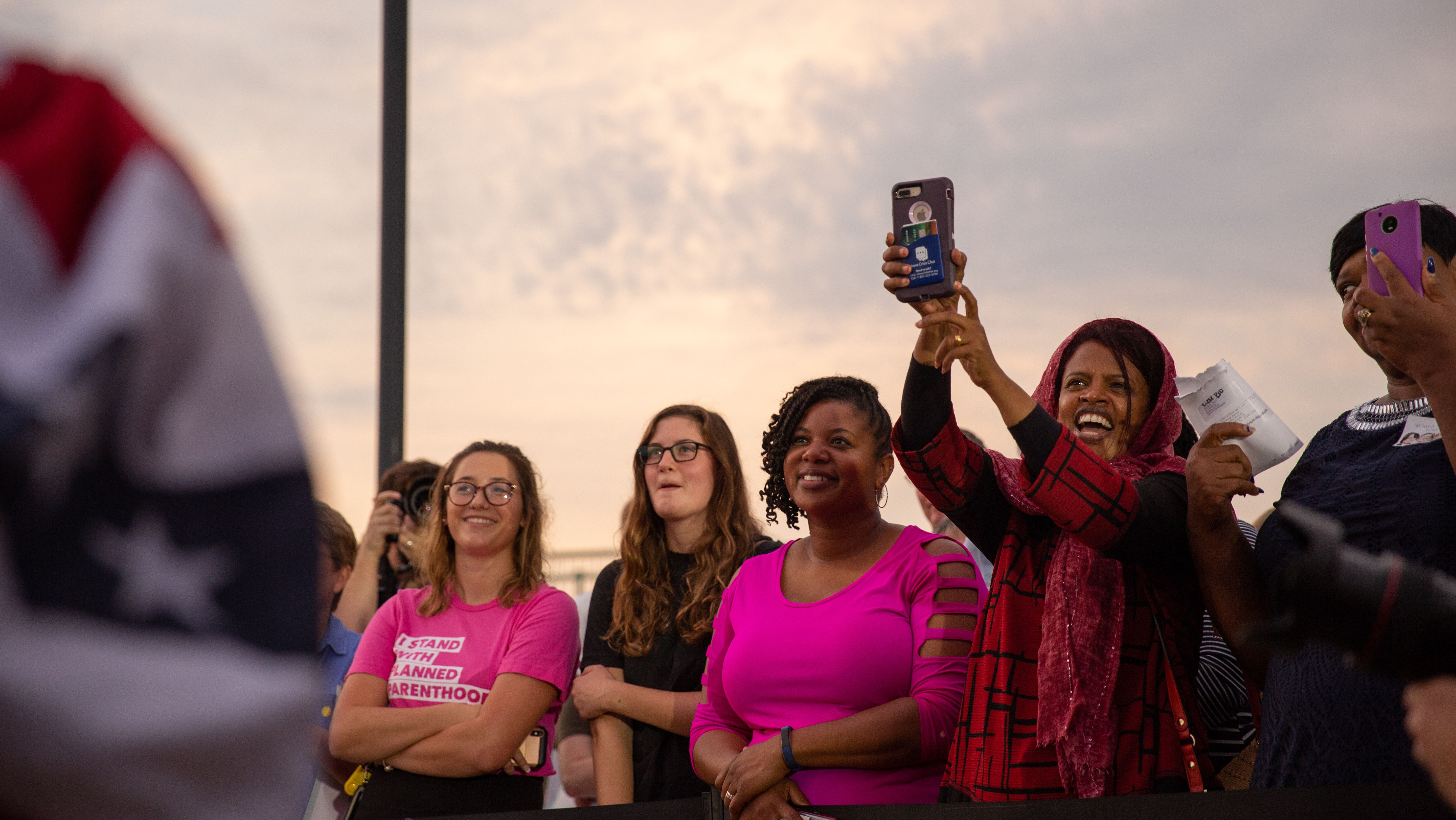
Supporters cheer for Warren during a town hall at the University of Iowa, September 19, 2019.
MC: How is that being received? Two-thirds of farmers agree the climate is changing, but only 40 percent believe it’s man-made, and most are suspicious of people calling for big systemic change to stop it.
EW: Nearly every farmer I have spoken with has talked about the difference between sustainable farming practices and where they feel pressed to go because of the economic structure imposed by Big Ag. And that’s a starting place. Now, we have to talk through what are the options available to deal with it? Let farmers educate the rest of us on the kinds of methods that are sustainable over time. The kind that allow for the soil to renew and that account for flood patterns. Farmers are smart people. I think the key is to demonstrate a willingness to lay out a different economic plan and asking them to fill in what it would look like. Farmers don’t need someone from Washington to tell them how to farm. But they do need a good partner to make it more economically sustainable for them to farm in the ways that they know are best.
MC: Most of our readers aren’t old enough to remember life before Roe. What was it like?
EW: Before Roe, women still got abortions. And for some, it worked out alright. And for others, it was catastrophic. If abortion is outlawed in some states over the next few years, rich women will still get abortions. They’ll travel to places where they’re legal. They’ll get the full range of health care services they need. But poor women won’t. Women who are already working three jobs and can’t take off won’t. Women who have three little kids at home and are trying to hold it together on a budget won’t. Fourteen-year-olds who’ve been molested by someone in their family won’t. It will impose a lot of pain on the women who are least able to bear that pain. It’s wrong.
We’ve been on defense for 47 years, ever since Roe was decided. And year by year, in state after state, the ground has crumbled under our feet. The cliff we stand on has gotten narrower. I’m tired of playing defense. I think it’s time to go on offense. Three out of four Americans support Roe vs. Wade. In a democracy, that means it should be a law. I’m ready to push Congress to make Roe vs. Wade law. We shouldn’t have to rely on the Supreme Court.
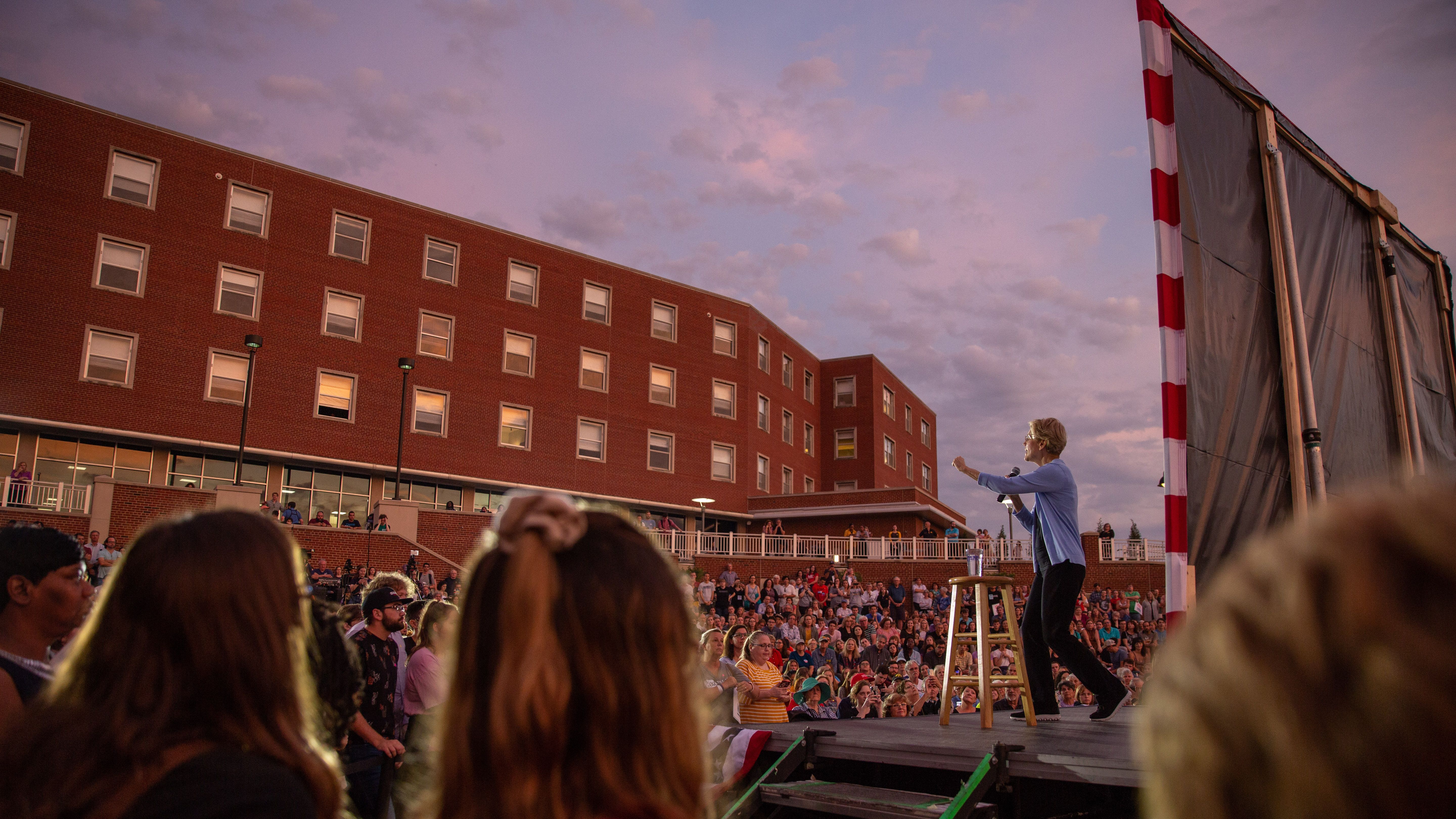
Warren addresses a crowd of approximately 2,000 at the University of Iowa, September 19, 2019.
MC: This week in Missouri, a Black trans woman named Ja’leyah-Jamar became the 19th known transgender person to be killed this year, and the 18th Black trans woman. How do we end this epidemic?
EW: First, we do it by saying their names. [Editor’s Note: Warren did just that at an LGBTQ forum a day after our sit-down.] By acknowledging their deaths. By saying, we have lost a sister who is important to us. We need to decriminalize homelessness. Right now, the police who roust the homeless, the fact that there are too few places for homeless people to go, and then trans women of color are more likely to be part of the vulnerable population on the streets, has put them at greater risk. So that’s part of it. Part of what we need to do is in criminal justice reform. Collect the data… The data are pieced together from newspaper reports that may or may not include enough information. We only know that at least that many have been killed. I think data are really important here. It helps us identify the problem and focus on whether it’s worse in some areas than others. I also think uniform best practices on community policing could be helpful to protect trans women and other vulnerable people, particularly those who are trafficked. For too long, our country has turned its back on those who most need protection, and that has to stop.
[At this point, Warren’s press guy signals that there’s time for one more question.]
MC: A lot of people really wanted me to ask about your skincare regimen. I am not going to do that.
EW: [Laughing] I would be glad to tell you!
MC: Not unless I can ask all the other candidates, including the male ones.
EW: Exactly, and I appreciate that that is your approach!
MC: So instead, what is a book that you read and re-read over and over again, and why?
EW: It’s a good question. Probably the book I’ve read the most is Sense and Sensibility. Because every time I read it, I see another layer in it. The characters are interesting and far more complex than appears on the surface. I am reminded that a serious woman who is a sharp observer has the capacity to open our eyes in ways we had never thought of before.
MC: Are you referring to Jane or Elinor?
EW: Both. I was really thinking about Jane, but it’s both of them. It’s the whole notion of, it celebrates the observer. And I like that.
For more stories like this, including celebrity news, beauty and fashion advice, savvy political commentary, and fascinating features, sign up for the Marie Claire newsletter.
MORE ON THE DEMOCRATIC PRESIDENTIAL PRIMARY
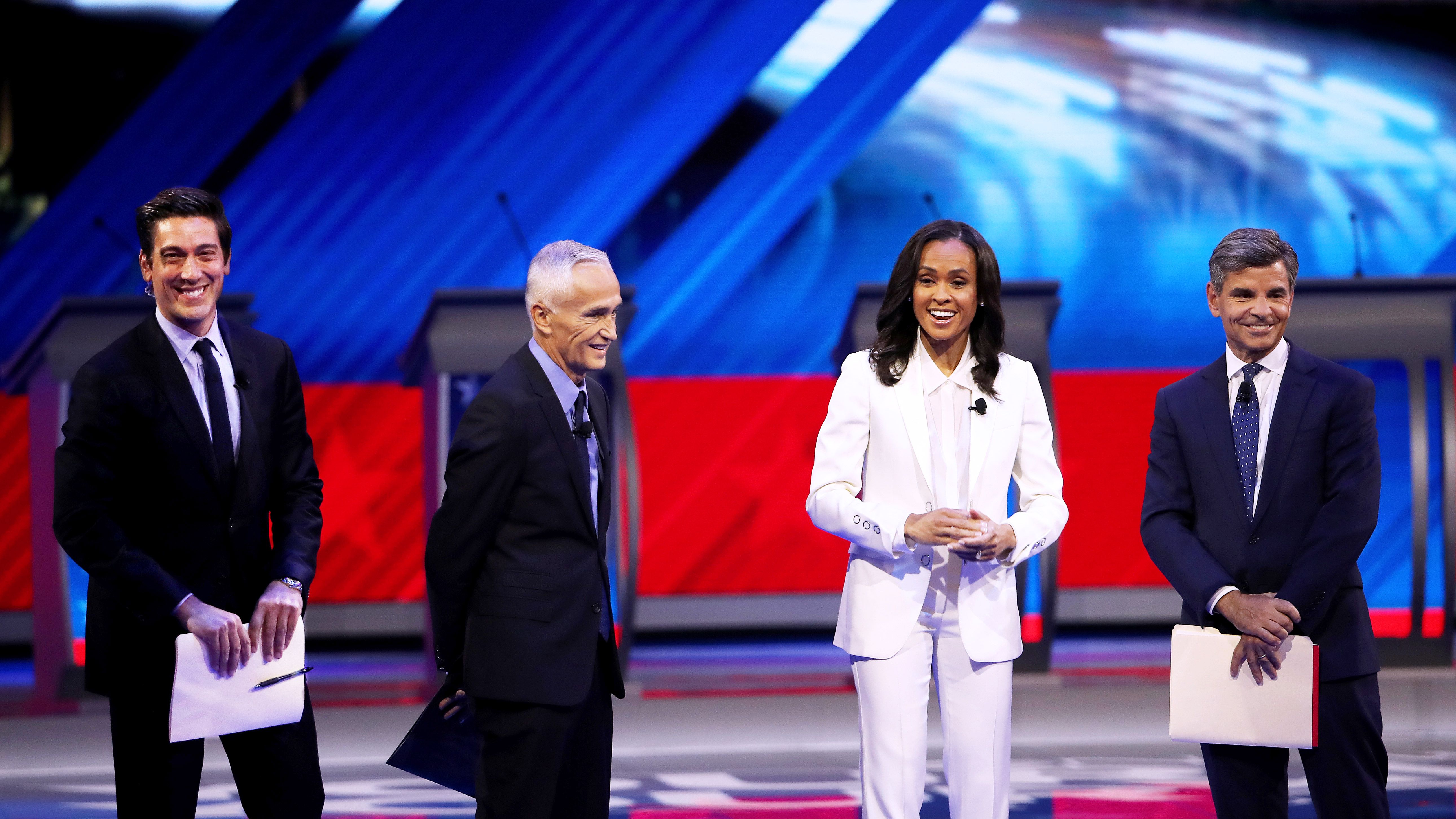
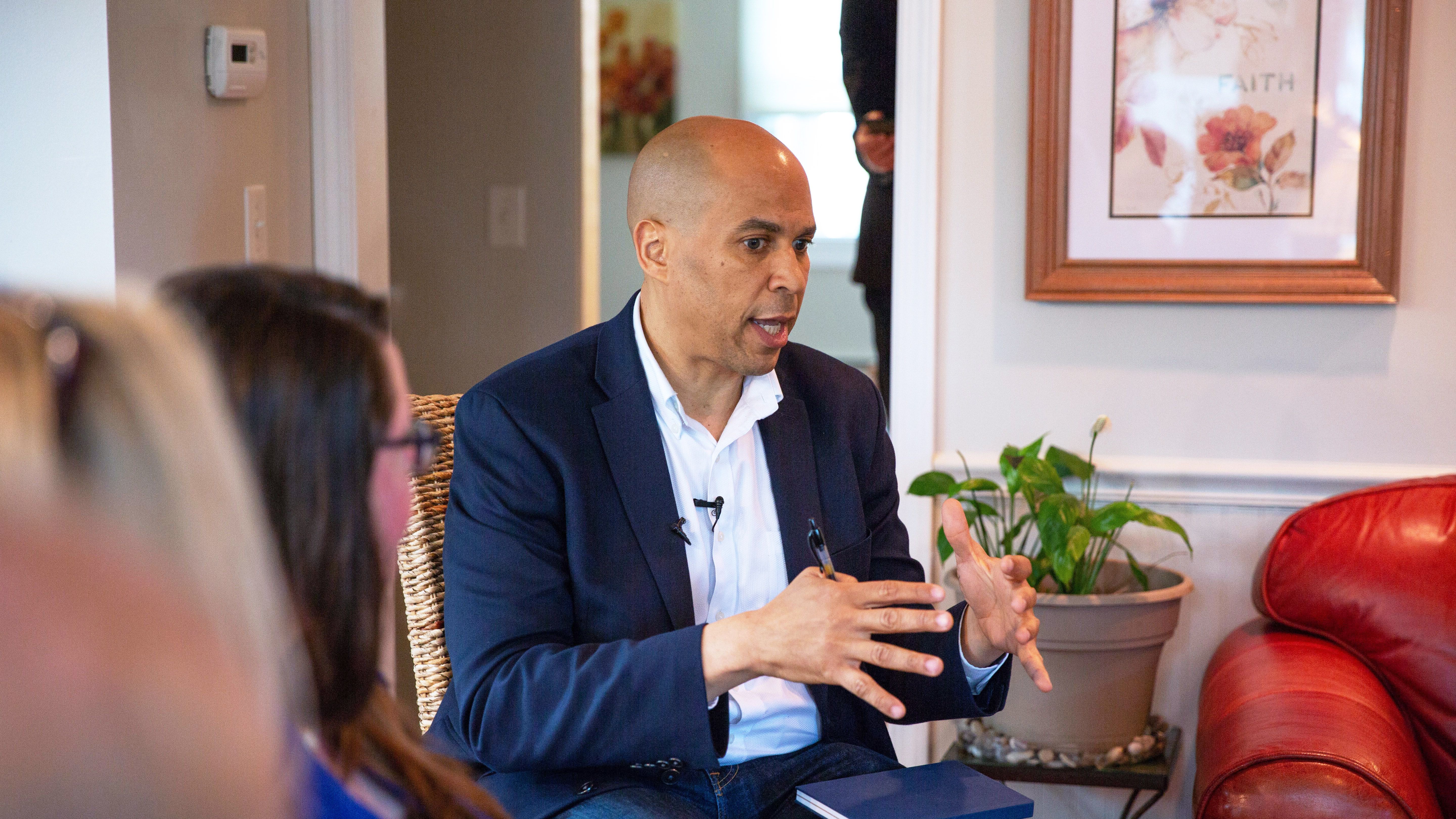
Chloe Angyal is a journalist who lives in Iowa; she is the former Deputy Opinion Editor at HuffPost and a former Senior Editor at Feministing. She has written about politics and popular culture for The New York Times, The Washington Post, The Atlantic, The Guardian, New York magazine, Reuters, and The New Republic. Angyal has a Ph.D. in Arts and Media from the University of New South Wales.
-
 Princess Anne's Unexpected Suggestion About Mike Tindall's Nose
Princess Anne's Unexpected Suggestion About Mike Tindall's Nose"Princess Anne asked me if I'd have the surgery."
By Amy Mackelden Published
-
 Queen Elizabeth's "Disapproving" Royal Wedding Comment
Queen Elizabeth's "Disapproving" Royal Wedding CommentShe reportedly had lots of nice things to say, too.
By Amy Mackelden Published
-
 Palace Employees "Tried" to Get King Charles to "Slow Down"
Palace Employees "Tried" to Get King Charles to "Slow Down""Now he wants to do more and more and more. That's the problem."
By Amy Mackelden Published
-
 36 Ways Women Still Aren't Equal to Men
36 Ways Women Still Aren't Equal to MenFeatures It's just one of the many ways women still aren't equal to men.
By Brooke Knappenberger Last updated
-
 How New York's First Female Governor Plans to Fight for Women If Reelected
How New York's First Female Governor Plans to Fight for Women If ReelectedKathy Hochul twice came to power because men resigned amid sexual harassment scandals. Here, how she's leading differently.
By Emily Tisch Sussman Last updated
-
 Why the 2022 Midterm Elections Are So Critical
Why the 2022 Midterm Elections Are So CriticalAs we blaze through a highly charged midterm election season, Swing Left Executive Director Yasmin Radjy highlights rising stars who are fighting for women’s rights.
By Tanya Benedicto Klich Published
-
 Tammy Duckworth: 'I’m Mad as Hell' About the Lack of Federal Action on Gun Safety
Tammy Duckworth: 'I’m Mad as Hell' About the Lack of Federal Action on Gun SafetyThe Illinois Senator won't let the memory of the Highland Park shooting just fade away.
By Sen. Tammy Duckworth Published
-
 Roe Is Gone. We Have to Keep Fighting.
Roe Is Gone. We Have to Keep Fighting.How To Democracy always offers a path forward even when we feel thrust into the past.
By Beth Silvers and Sarah Stewart Holland, hosts of Pantsuit Politics Podcast Published
-
 The Supreme Court's Mississippi Abortion Rights Case: What to Know
The Supreme Court's Mississippi Abortion Rights Case: What to KnowThe case could threaten Roe v. Wade.
By Megan DiTrolio Published
-
 Sex Trafficking Victims Are Being Punished. A New Law Could Change That.
Sex Trafficking Victims Are Being Punished. A New Law Could Change That.Victims of sexual abuse are quietly criminalized. Sara's Law protects kids that fight back.
By Dr. Devin J. Buckley and Erin Regan Published
-
 My Family and I Live in Navajo Nation. We Don't Have Access to Clean Running Water
My Family and I Live in Navajo Nation. We Don't Have Access to Clean Running Water"They say that the United States is one of the wealthiest countries in the world. Why are citizens still living with no access to clean water?"
By Amanda L. As Told To Rachel Epstein Published